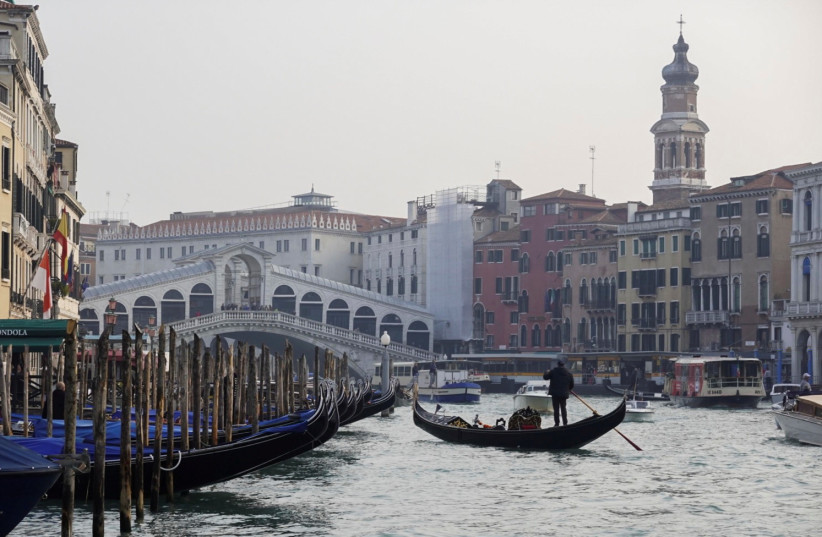A recent wave of controversy has swept across Italian academic circles following the emergence of a petition calling for a boycott of Israeli academic and research institutions.
The petition, triggered by the alleged crimes of the “illegal colonial occupation of Palestinian territories,” and a “Gaza siege,” has seen a huge increase in support since its inception in 2016. However, this increase is matched by a growing wave of opposition, highlighting the complexity and importance of the issue.
In 2016, a group of 168 Italian academics initiated a movement to boycott the Technion Institute of Technology in Haifa, arguing its complicity in the military occupation of Palestinian territories.
Their call was dismissed by the Italian academic leadership, but their goal has since gained significant momentum, with over 4,000 academics signing a more recent appeal dated November 7, 2023. The appeal opens with a call for an “immediate ceasefire and respect for international humanitarian law,” and concludes urging Italian universities to sever ties with Israeli academic institutions.
However, this movement has not gone unchallenged. Recently, I raised concerns about the underlying implications of the appeal. In a revealing interview, I pointed out that the appeal implicitly endorsed the illegal occupation of Palazzo Giusso at L’Orientale University in Naples, and, more critically, questioned the legitimacy of the State of Israel itself.

November 7 appeal cites "occupation" going back to 1948
The appeal’s reference to “75 years of illegal occupation” dates back to the creation of the State of Israel in 1948, thus disputing Israel’s right to exist within internationally recognized borders.
The overwhelming, most accepted position of the Italian public and its political leadership appears to lean against international boycotts. Counter-appeals advocating for the continuation of scientific collaborations with Israel have gathered over 8,000 signatures, outnumbering those in favor of the boycott.
Sergio Mattarella, the Italian president, has recently emphasized the importance of keeping scientific research insulated from international tensions, highlighting its role as an “instrument of peace.”
My analysis of the appeals revealed surprising insights. After personally contacting about 50 signatories, I received 18 requests to have their names removed from the records, demonstrating that they were not fully aware of the appeal’s content or intent.
This suggests that many academics might have been misled by the appeal’s title, which emphasized a ceasefire and adherence to international law. They may not have fully understood and/or read its call for an academic boycott of Israel.
Furthermore, a statistical analysis I performed suggests that the signatories represent only a tiny fraction of Italian academia. Only approximately 2.5% of associate and full professors in Italy have endorsed the appeal, reflecting a minority viewpoint within the larger academic community.
In light of these developments, the pro-Israel stance garners substantial support, emphasizing the detachment of the boycott movement from both reality and public opinion. The academic signatories of the petition provide for a small minority, possibly misinformed or unaware of the broader implications of their stance.
Their appeal not only misinterpreted the complex nature of the Israeli-Palestinian conflict but also overlooked Israel’s contributions to global scientific and academic progress. Such a cynical approach undermines the pivotal role of universities as beacons of knowledge and critical thinking and as guides for future generations.
Academic institutions should foster understanding rather than confusion, collaboration rather than division, and teach the importance of nuanced and well-informed positions in addressing global issues.
The writer is an Italian-Israeli scholar and professor of physics at Bar-Ilan University.
